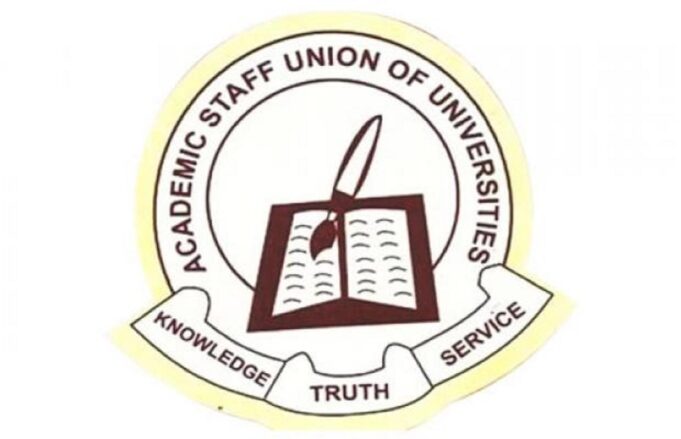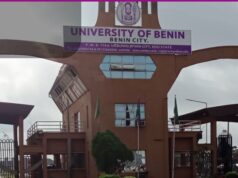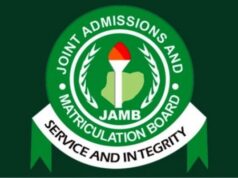By Mohammad Umar Salihu and Akinloye James
The decision of the Non-Academic Staff Union of Universities (NASU) and the Senior Staff Association of Nigerian Universities (SSANU) to call off their strike and return to their duty posts has isolated the Academic Staff Union of Universities (ASUU).
While agreeing that the government has met all its conditions, ASUU is holding out from resuming work on the claim that the government should pay the lecturers for the months that they did not work.
That is the sticking point that has now opened the ASUU activists to the claim of being selfish and turning what they initially claimed to be a selfless struggle for the upliftment of the universities into an egocentric venture.
it is worthy of note that SSANU and NASU have agreed to resume without the selfish demand of being paid for the months they were at home.
ASUU on its part is claiming that they are different, on the claim that they are going to teach the things that they didn’t teach.
The ASUU activists are carrying on as if they alone carry out the work of academia forgetting that the NASU, SSANU are also facilitators who with other stakeholders jointly contribute to the outputs from the universities.
Indeed, if you are Professor Emmanuel Osodeke, president of the Academic Staff Union of Universities (ASUU), you believe universities exist for the benefit of their teaching staff.
When Professor Osodeke appeared on Channels Television on Friday morning you could see the difficulties of the normally friendly anchors who found it difficult to accept the sense of entitlement he sought to browbeat them with. The anchors could not understand why the lecturers should be paid for work not done.
“If they fail to pay, we will not teach those students” Professor Osodeke said. “Those students” are nothing more than a distraction for Osodeke, whose key demand is that his members are paid for work they have not done – because they have been on strike.
For a country that has had historical experiences with phantom experiences including phantom coups, the bid by ASUU to now introduce phantom work is laughable.
A manifesto to save Nigeria’s public university
We cannot as a country accept that persons should be paid for not working, and certainly not paid for causing untold damage to the institutions they work for when they are not striking. Worse, to agree to Osodeke’s egregious demands would be to open the door for any public servant or even private employee to demand payment for nothing.
Even more, as Osodeke admitted during his difficult session with Channels, ASUU like every union has a strike fund from where its members are paid during a strike.
As such the demand by ASUU for back pay is now equivalent to its members getting double pay for doing nothing.
Indeed, the real victims here are “those students”. They contribute through their fees to the maintenance of the academic institutions to which Osodeke’s members are contracted but choose not to work.
“Those students” are studying to improve their futures, and that of the country. But they cannot move forward because of Osodeke.
Already Nigerian students take longer to graduate than in many other countries. Strikes, walkouts, and refusal to grade studies adds more than a year, on average, to each student’s time at university. This adds to their costs, their debts, and takes them late into the qualified jobs market. It also makes many thousands who might otherwise choose higher education to think twice about enrolling, and therefore not advance themselves even when they are capable.
In any industrial dispute, there comes a point when continuing with the action threatens to damage the very institutions and purpose of their existence.
This moment was averted by the leaders of NASU and SSANU. It is not being averted by the president of ASUU. Indeed, worse: he is purposely and intentionally sacrificing the futures of “those students” and damaging the very institutions on which his members depend – all to prove his belief that universities exist solely for the financial benefit of their teaching staff.
*Mohammed is chairman of The Nigerian Project Initiative and James is chairman of Initiative to Save Democracy.
- Alex Otti should publish Abia Forensic Report now - May 1, 2024
- FG approves 25%, 35% salary increment for civil servants - April 30, 2024
- CBN director: How I collected $600,000 contract bribe for Emefiele - April 29, 2024










